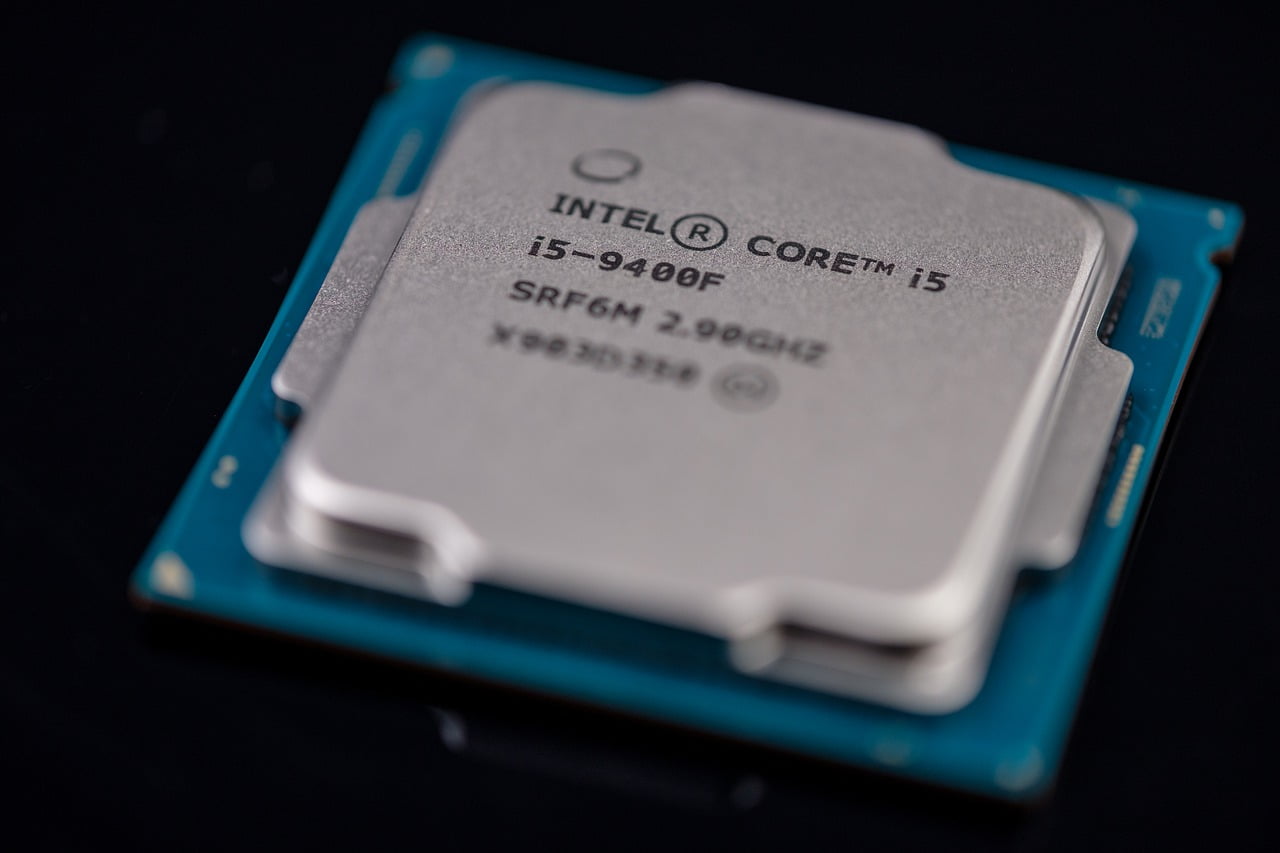Dan Loeb’s Third Point has taken an almost $1 billion stake in Intel and is now calling for significant changes at the chipmaker. The hedge fund wrote a letter to Intel Chairman Omar Ishrak calling for strategic changes to boost the company’s position as a seller of processors for data centers and PCs.
Q3 2020 hedge fund letters, conferences and more
Intel shares popped on Tuesday after the news about Third Point was first reported, but the stock dipped back into the red this morning. Intel stock had fallen about 20% before Tuesday's jump, which was the largest in over eight months. Meanwhile, the Nasdaq Composite Index is up more than 40%.
Third Point targets Intel
Third Point has amassed an almost $1 billion stake in Intel. In his letter to Ishrak, Loeb said the first thing Intel should do is focus on its "human capital management issue." He noted that many of the most talented chip designers had left the company because they are "demoralized by the status quo."
According to Loeb, Intel was once the leading microprocessor maker, but it has since lost that position to Taiwan Semiconductor Manufacturing Co. (TSMC) and Samsung. The chipmaker is also losing share in its core data center and PC segments to Advanced Micro Devices, he added. Further, NVIDIA leads the way in computational models for artificial intelligence, while Intel hasn't made any big moves into AI.
Loeb is concerned that without changes at Intel, "America's access to leading-edge semiconductor supply will erode, forcing the U.S. to rely more heavily on a geopolitically unstable East Asia to power everything from PCs to data centers to critical infrastructure and more."
Call for investment advisor
In a statement, Intel said it "welcomes input from all investors regarding enhanced shareholder value and that it looks forward to "engaging with Third Point."
In his letter, Loeb also asked the chipmaker to hire an investment advisor to consider strategic alternatives. Among the potential areas of exploration include the question of whether Intel should continue to be an integrated device manufacturer and whether it should divest any of its failed acquisitions.
Sources told Reuters that Loeb believes the chipmaker should think about separating its chip design from its semiconductor fabrication manufacturing operations. Intel customers like Microsoft, Apple and Amazon have been developing their own in-house chips and sending their designs to be manufactured in Asia. Loeb suggested that Intel could offer new solutions to keep those customers.






